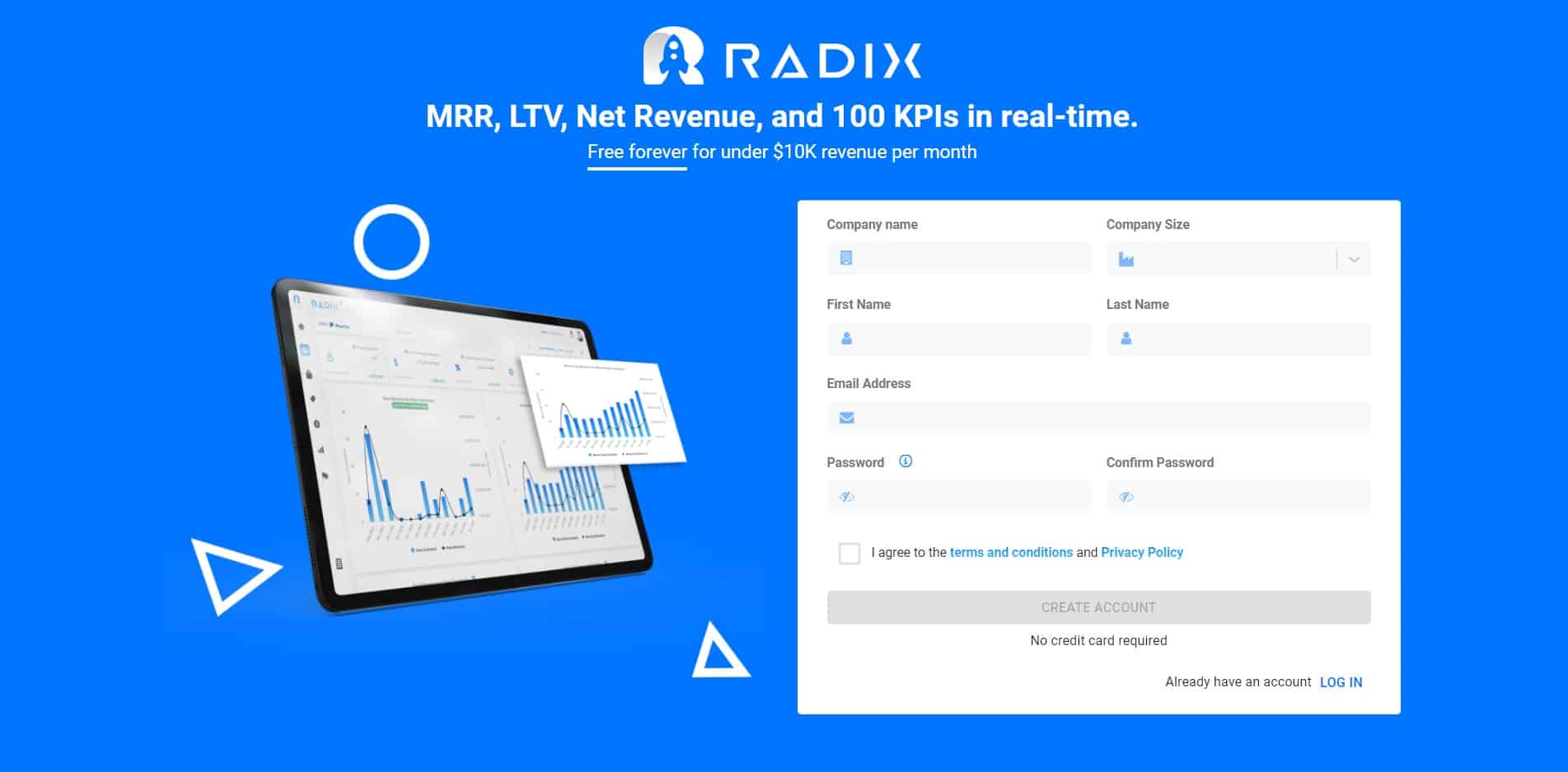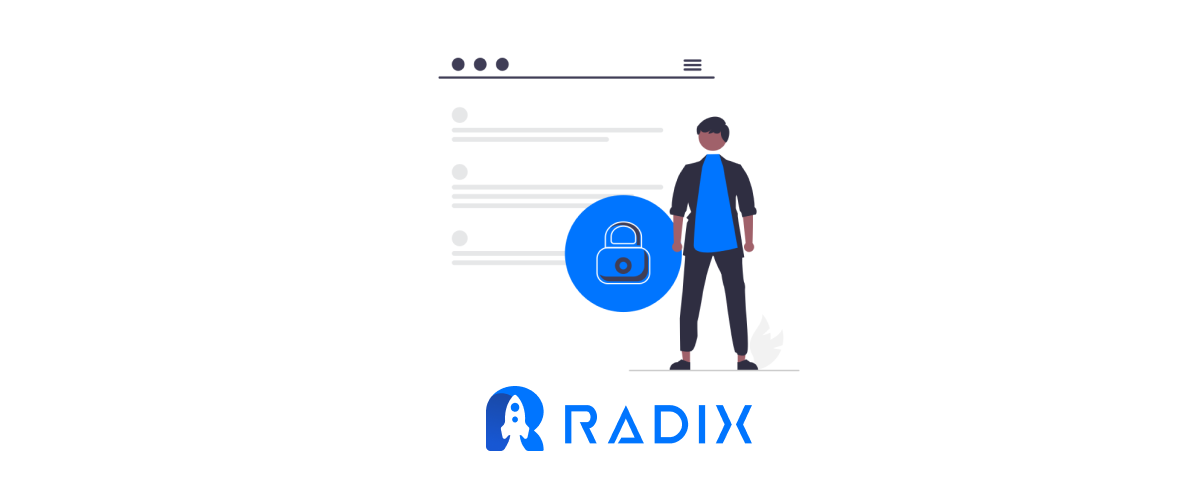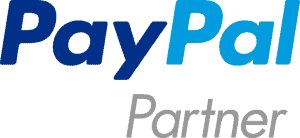There are a lot of factors at play in today’s business world. Many multinational corporations are at the mercy of changing global trends, regulations, and politics—all of which make SaaS compliance as important as ever. While one may think that strict regulations in one region would only apply to businesses operating in that region, this isn’t always the case. This blog post will offer insight into what you should be considering when it comes to SaaS compliance.
Compliance may be a business driver that inspires trust and confidence in your customers in the highly competitive SaaS industry. And, as financial executives of a rapidly expanding business, you are responsible for ensuring that your operations remain compliant..
When you think of growth, you must also think of compliance. Take, for example, geographical growth. You have to follow Global accounting standards, tax rules, and payment restrictions . As a result, establishing compliances for accounting, tax, and internal control standards is effectively future-proofing your company.
What is SaaS Compliance?
SaaS. Software as a Service. It is wildly popular right now, especially among startups and software companies. But compliance is not something these businesses tend to think about too often until they get in trouble.
SaaS compliance is a term that refers to all of the rules and guidelines that SaaS companies must adhere to. These standards and guidelines regulate how procedures are set up within an organization and work to keep the business compliant throughout the world or in certain locations.
These rules may affect how you how you manage customer data, estimate taxes, , what your financial statements should include, and how frequently you may send emails to your consumers.
There are laws for cybersecurity (ISO 27001), revenue recognition (ASC 606), data protection (GDPR), and a slew of other topics.
Why SaaS Compliance is Important?
Compliance with SaaS is a type of risk management. Because your SaaS solution promotes integrations with third-party technologies, each point of contact becomes a possible security vulnerability. Noncompliance represents a threat, both in terms of failing to manage data appropriately and having to pay large fines for breaking the legislation. Non-compliance may result in lawsuits, data breaches, or your product gaining a negative image among your customers.
Staying compliant helps you build credibility with your investors, ensures your data and revenue is secured, certifies your processing integrity, and allows you to catapult your business without any regulations holding you back. You’ve got to look at compliance in terms of your company’s future and not just focus solely on the past.
SaaS Compliance List You Should Be Aware Of
1) Data Security & Compliance
- CCPA
The California Consumer Privacy Act (CCPA) is a state law that improves data protection and consumer privacy for citizens of California. (this law gives customers the right to delete personal info, the right to opt-out of the sale of that personal info)
- HIPPA
The Health Insurance Portability and Accountability Act (HIPAA) is a federal statute that prohibits sensitive patient information from being disclosed without their knowledge or agreement. (This law gives customers the right to give control over sensitive data such as health records)
- GDPR
The GDPR is a historic personal data privacy regulation for all European Union (EU) citizens. It keeps businesses that manage consumer data accountable and gives EU residents control over their data. (It allows EU customers to view, erase, export data)
2) Financial Compliance
- IFRS
International Financial Reporting Standards (IFRS) are a collection of globally agreed accounting principles for public companies’ financial statements that guarantee their reporting is clear, uniform, and easily compared across borders.
- ASC 606
ASC 606 accounts for all costs paid by SaaS customers at all phases of their lifecycle and offers a framework for organizations to easily recognize revenue from all revenue streams (recurring revenue, expansion revenue, consulting services).
- GAAP
It covers the specifics and intricacies of company and corporate accounting. Companies that release public financial statements or are public (stock exchange) in the United States need to follow GAAP principles.
GAAP compliance guarantees that your financial reporting is transparent and adheres to industry standards in terms of terminology and processes.
3) Security Compliance
- PCI & DSS
Payment Card Industry & Data Security Standard are a set of security procedures for organizations involved in the payment process, such as receiving, sending, or even retaining credit card information. PCI DSS compliance assures that businesses that handle purchases, credit card information, or authentication do so in a safe and secure environment.
- SOC 2
Service Organization Control 2 is a voluntary compliance standard that defines the standards for handling customer information for service companies.
The SOC 2 standards are evident in the way customer data is handled daily. Being SOC 2 compliant indicates that your company has created strong information security protocols that provide supervision throughout your business.
- ISO/IEC 27001
The ISO 27001 standard allows enterprises of any size to manage the security of assets such as financial information, intellectual property, employee information, or information entrusted to them by third parties.
SaaS Compliance Best Practices
Here are some recommended practices to ensure you stay in compliance with the most recent rules. As a compliance officer for your SaaS, you need to:
- Integrate security and compliance throughout the development lifecycle
- Perform risk assessments on a regular basis or after important policy changes.
- Establish a strong security incident management process
- Educate the organization and its relevant parties on the most recent compliance and security regulations.
- Create a Compliance Office to manage and handle regulatory compliance issues, while also providing control for all internal procedures.
- Examine the current state of compliance with your present technology stack.
We Take Compliance Very Seriously At Radix
Using a solution like Radix, you can free up human resources by automating work procedures like financial reporting or MRR.
Start Your Free Trial Here!

Read More:
8 Fatal SaaS Advertising Mistakes





